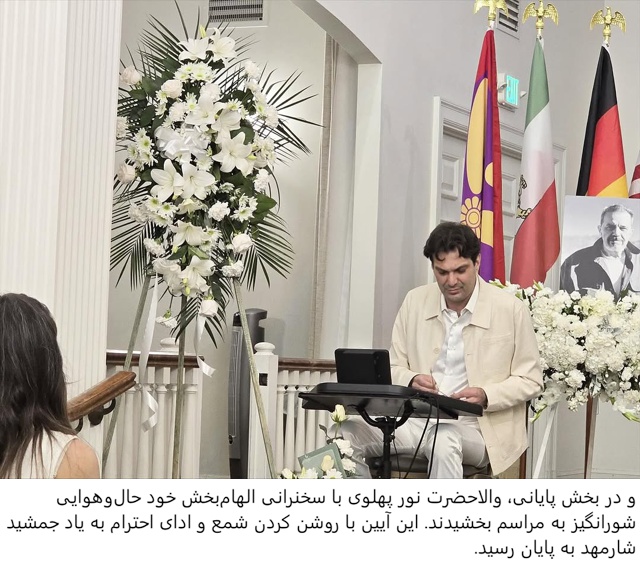His case draws together themes of exile politics, international law, human rights, state repression and the complex status of dual/multi-national dissidents. In 2003, Sharmahd moved to the United States, settling in California with his family. He became a lawful permanent resident and continued his professional career while becoming increasingly vocal about politics. He was particularly critical of the government’s authoritarian structure and lack of free speech. From his home office, he used the internet as a platform to speak about democracy, secularism, and the restoration of constitutional monarchy—a position rooted in the pre-1979 political framework.
Sharmahd became associated with the Kingdom Assembly, known in Persian as Anjoman-e Padeshahi, led by Foroud Fouladvand. The group’s ideology centered on restoring the monarchy and establishing a secular, nationalist government. Through his technical expertise, Sharmahd helped operate the group’s radio and online media network, called Tondar (“Thunder”), which broadcast political commentary, news, and critiques of the Islamic Republic. While authorities labeled Tondar a terrorist organization, accusing it of violent acts including a 2008 mosque bombing in Shiraz, Sharmahd and his family repeatedly denied these allegations.


